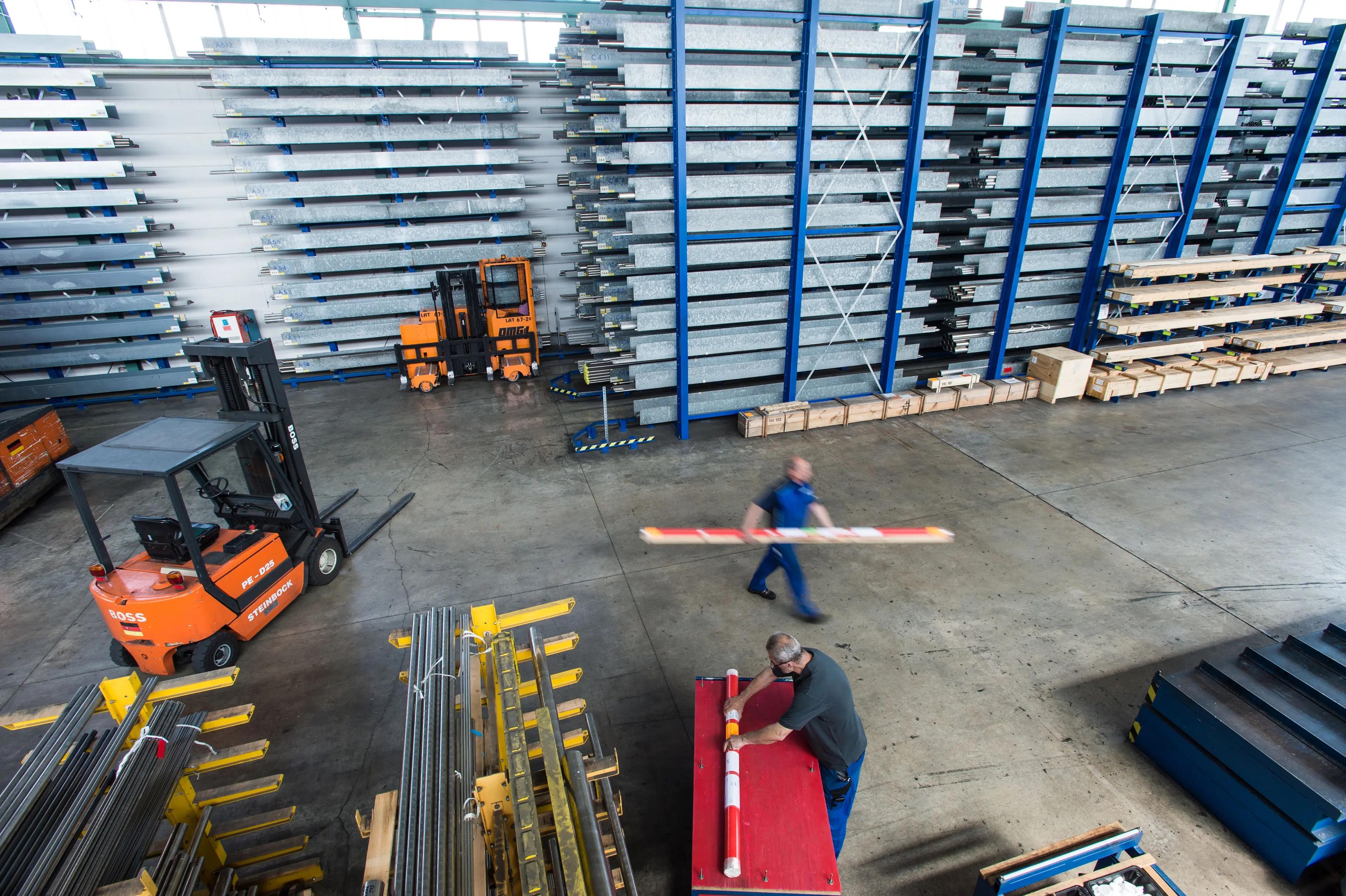Supply chain disruptions: How to improve performance?
Irène Foglierini highlights several key points here, which can determine the success or failure of a project or collaboration if the people involved do not have the right level of information.

Irène FOGLIERINI highlights several key points that can make or break a deal or collaboration, especially when stakeholders lack the right level of information.
Read the full article: Achats & Supply Chain: la performance passe par le tango
1/ First, working with a forecast is now essential even if the exercise can be complex. Why?
Lead times for raw materials and primary components (foundry, injection molding, etc.) are unfortunately on the rise.
Additionally, machine utilization rates for manufacturing and assembly have increased significantly, often at the expense of preventive maintenance in order to meet production demand.
Finally, building a forecast allows the creation of buffer stocks your ultimate shield against increased production lead times.
At BIBUS France, we’ve identified this trend early on.
We work closely with our clients to deliver short, controlled lead-time solutions that support both regular production needs and seasonal demand peaks.
This structure enables us to maintain an average service level above 95% across all of our solutions designed, built, or assembled through a global supply network—with over 12,000 deliveries per year.
While communication between stakeholders is vital, technology also plays a key role.
By “technology,” we mean an ERP system equipped with real-time alerts and decision-making tools—critical for continuously improving service levels.
2/ Another crucial factor in today’s supply chain:
Sometimes, parts are available, but not delivered to the right place or at the right time, for example, to feed an assembly machine.
Few things are more frustrating for a production manager than a line stoppage due to material shortages.
The cost of such a process failure has significant direct and indirect impacts on productivity, overhead, and customer satisfaction—and can even result in financial penalties.
In partnership with OMRON, BIBUS France provides robust, quickly deployable solutions to streamline your flows:
Mobile and Collaborative Robotics
Tasks that bring no added value when performed by an operator are a pure cost for the company.
Robotics allow machines to handle repetitive, strenuous, or low-value tasks, freeing human workers to focus on higher-impact activities.
Depending on your level of desired automation, a full fleet of Autonomous Mobile Robots (AMRs) can help you meet demanding productivity targets set by clients, investors, and shareholders.
— Frédéric COMTE, Sales Director, BIBUS France